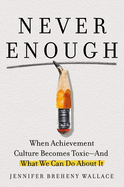 The American Booksellers Association, the American Library Association, the Association of American Publishers, and the Authors Guild are jointly calling on "all members of the book community" to reaffirm their commitment to the Freedom to Read Statement on its 70th anniversary.
The American Booksellers Association, the American Library Association, the Association of American Publishers, and the Authors Guild are jointly calling on "all members of the book community" to reaffirm their commitment to the Freedom to Read Statement on its 70th anniversary.
First unveiled on June 25, 1953, the Freedom to Read Statement begins: "The freedom to read is essential to our democracy. It is continuously under attack." To see the full, original statement, which is available on the Unite Against Book Bans website, click here. Over the years, the statement has been supported by a range of organizations and individuals.
The heads of the four groups--ABA CEO Allison Hill, ALA executive director Tracie D. Hall, AAP president and CEO Maria A. Pallante, and Authors Guild CEO Mary Rasenberger--issued this joint announcement yesterday:
"Seventy years ago, fear, suspicion, and suppression fueled by McCarthyism was at a fever pitch--a serious situation that required a robust and vigorous affirmation of intellectual freedom and the constitutional protections that protect it. Today, as we grapple with a new wave of censorship in schools, libraries, and bookstores targeting a wide range of expression, including fiction and nonfiction, the Freedom to Read Statement remains an important defense of the freedom to write, publish and inquire.
"Our democracy is based on the belief that every person’s right to read is indispensable to their personal and political pursuit of happiness. This fact is indisputable. American democracy has always depended on the lawful dissemination and rigorous protection of speech--from all political quarters and all personal perspectives, both old and new ideas.
"To be clear, not every expression of authorship will withstand the rigorous and sustained scrutiny of the marketplace of ideas, but our free society requires that we have the right to make up our own minds about what we choose to read and what we think of what we've read. As our predecessors stated in 1953, 'Americans do not need others to do their thinking for them.'
"As we celebrate this anniversary, we are mindful not only of the rights of readers, but of the nation's authors, publishing houses, bookstores, and libraries, whose missions both reflect and are in service to our free society."
The group noted, too, that in the past year, "more than 60 state bills have been introduced that would restrict or chill what Americans may read. Many of these efforts are unquestionably unconstitutional and would impair the First Amendment rights of readers of all ages."
PEN America, its president, and a group of past presidents quickly joined the four associations in support of the Freedom to Read Statement.
PEN America CEO Suzanne Nossel said yesterday, "The freedom to read is the lifeblood of a healthy democracy and a thriving society. The drafters of the Freedom to Read statement put forward a ringing endorsement of this principle, forcefully rebutting the varied excuses for curtailing the individual liberty to explore books and words. The call to action they issued 70 years ago, as the McCarthy-era Red Scare emboldened censorship, is as urgent today as the day it was drafted. Amid a climate of newfangled censoriousness, the chilling of speech and out-and-out censorship in the form of book bans and laws that justify and mandate the suppression of ideas, the statement offers a bold reminder of how and why we safeguard the freedom to read. Their forthright, uncompromising rejection of the notion that books are dangerous, that tastes and interests can be coerced, and that the identity of an author should foreclose a book from being read are essential entreaties that demand to be heard and heeded in this new era of censorship. In the digital age, books offer a lone portal to a vanishing realm of deep thought and sustained attention. It is therefore vital to renew the call to action for librarians, publishers, educators, government, institutions, writers and readers to stand up once again for the freedom to read."
PEN America president Ayad Akhtar added, "Efforts to suppress ideas are inimical to democracy in its truest sense. We need to be clear-eyed about these threats, forthright in calling them out, and willing to defend against them. If we expect to understand--let alone practice--responsible citizenship, we owe it not only to our young people, but to ourselves to stand for the freedom to read. At stake is our democratic future, and the time to act is now."
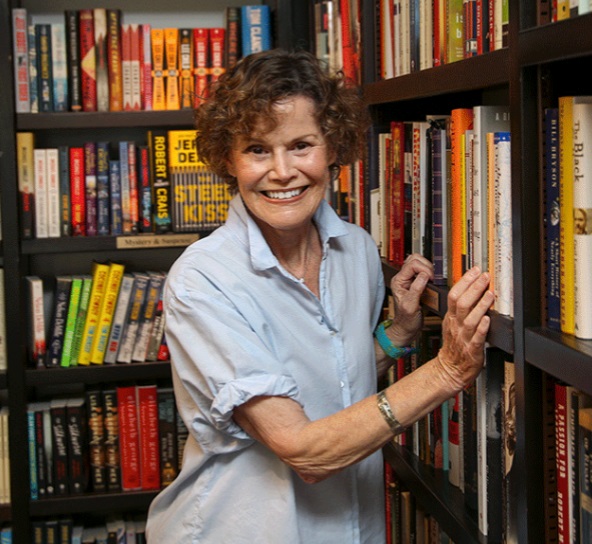





IPC.0204.S3.INDIEPRESSMONTHCONTEST.gif)




 The American Booksellers Association, the American Library Association, the Association of American Publishers, and the Authors Guild are jointly calling on "all members of the book community" to reaffirm their commitment to the Freedom to Read Statement on its 70th anniversary.
The American Booksellers Association, the American Library Association, the Association of American Publishers, and the Authors Guild are jointly calling on "all members of the book community" to reaffirm their commitment to the Freedom to Read Statement on its 70th anniversary.



 Total sales for books in Norway passed the 6.2 billion kroner (about $573 million) mark for the first time since 2007, according to the results shared by the Norwegian Publishers' Association. The European & International Booksellers Federation's Newsflash reported that the results, based on figures from member publishers, "represent an increase of 4.4% over 2021. This growth is driven by a new school reform in Norway, with sales for school books boosted by as much as 24% in 2022. Moreover, audiobook streaming accounts for almost a fifth of the general literature market."
Total sales for books in Norway passed the 6.2 billion kroner (about $573 million) mark for the first time since 2007, according to the results shared by the Norwegian Publishers' Association. The European & International Booksellers Federation's Newsflash reported that the results, based on figures from member publishers, "represent an increase of 4.4% over 2021. This growth is driven by a new school reform in Norway, with sales for school books boosted by as much as 24% in 2022. Moreover, audiobook streaming accounts for almost a fifth of the general literature market."

IPC.0211.T4.INDIEPRESSMONTH.gif)
 The Book Industry Charitable Foundation and Macmillan are partnering again this year on the Macmillan Booksellers Professional Development Scholarship program, which provides $500 to booksellers traditionally underrepresented within the industry to attend their region's independent booksellers association fall trade show. Applications are being accepted from now through July 10.
The Book Industry Charitable Foundation and Macmillan are partnering again this year on the Macmillan Booksellers Professional Development Scholarship program, which provides $500 to booksellers traditionally underrepresented within the industry to attend their region's independent booksellers association fall trade show. Applications are being accepted from now through July 10.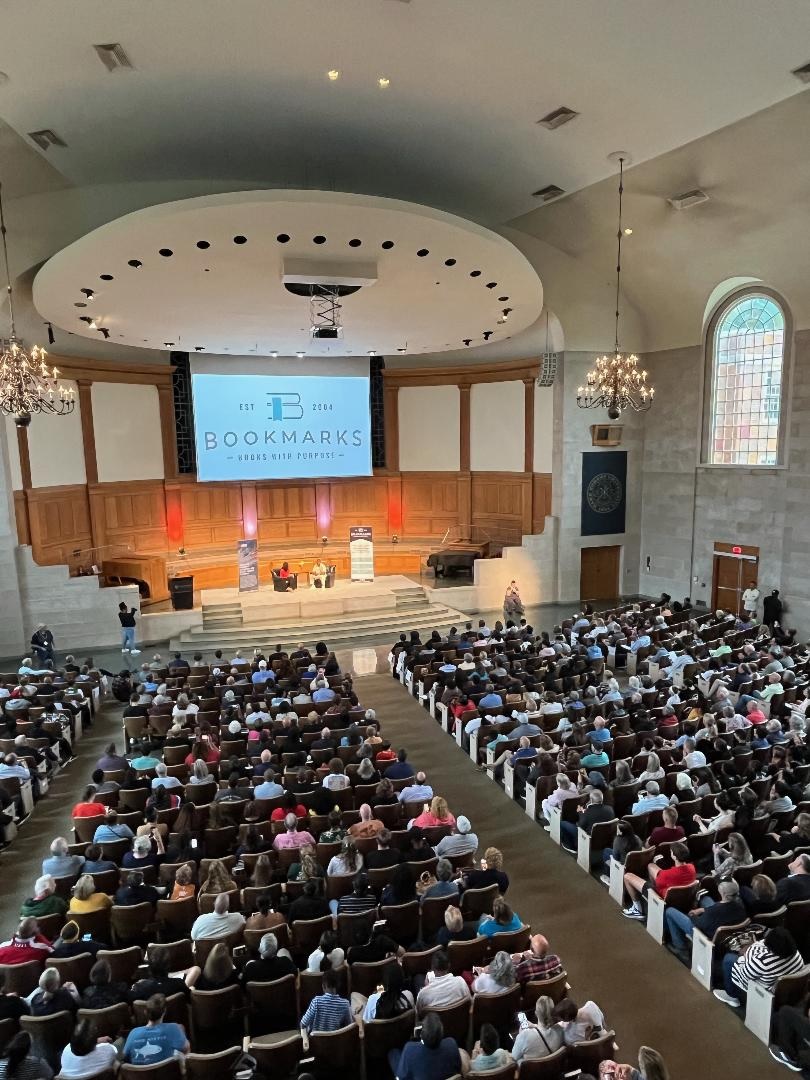

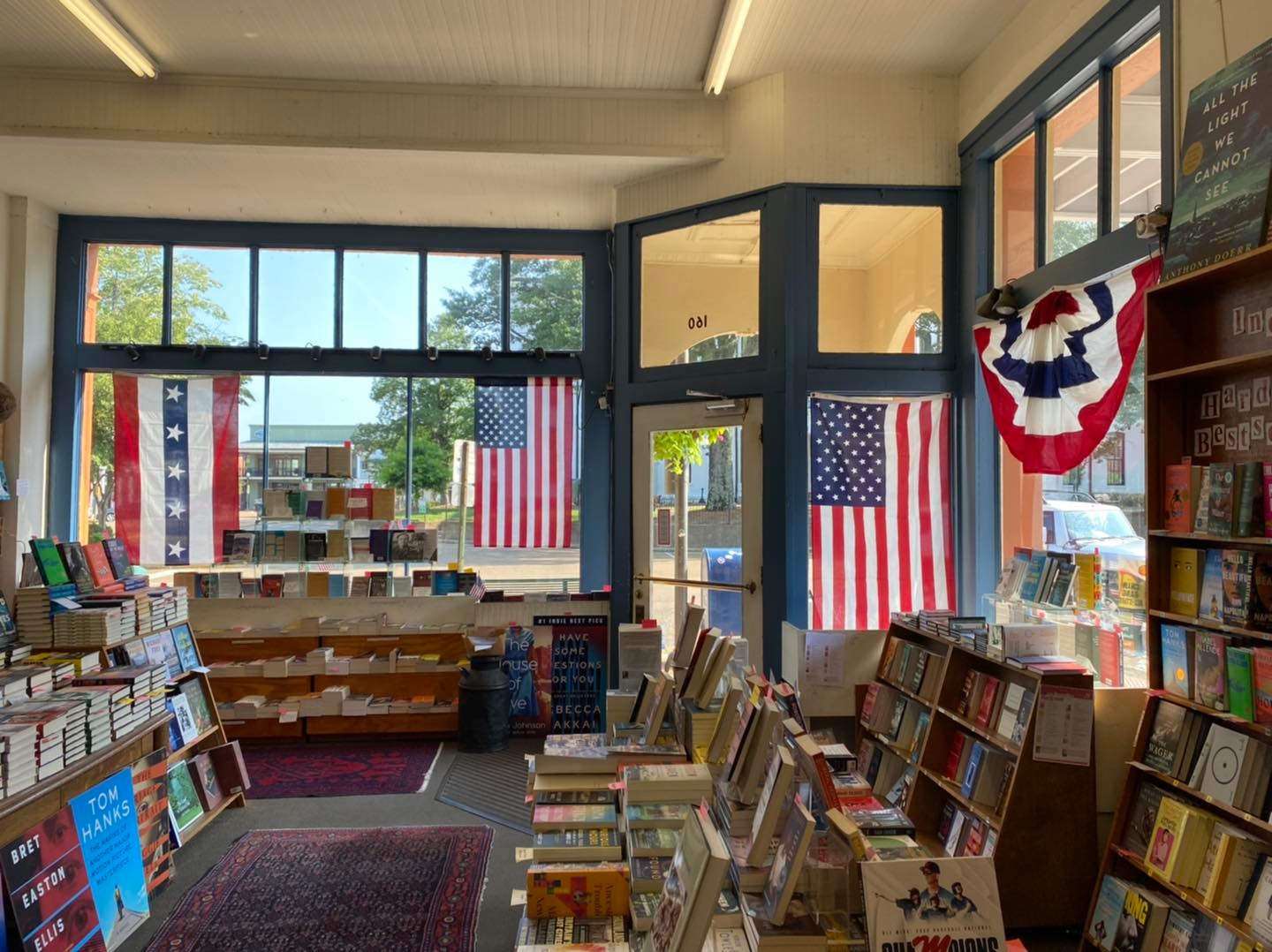
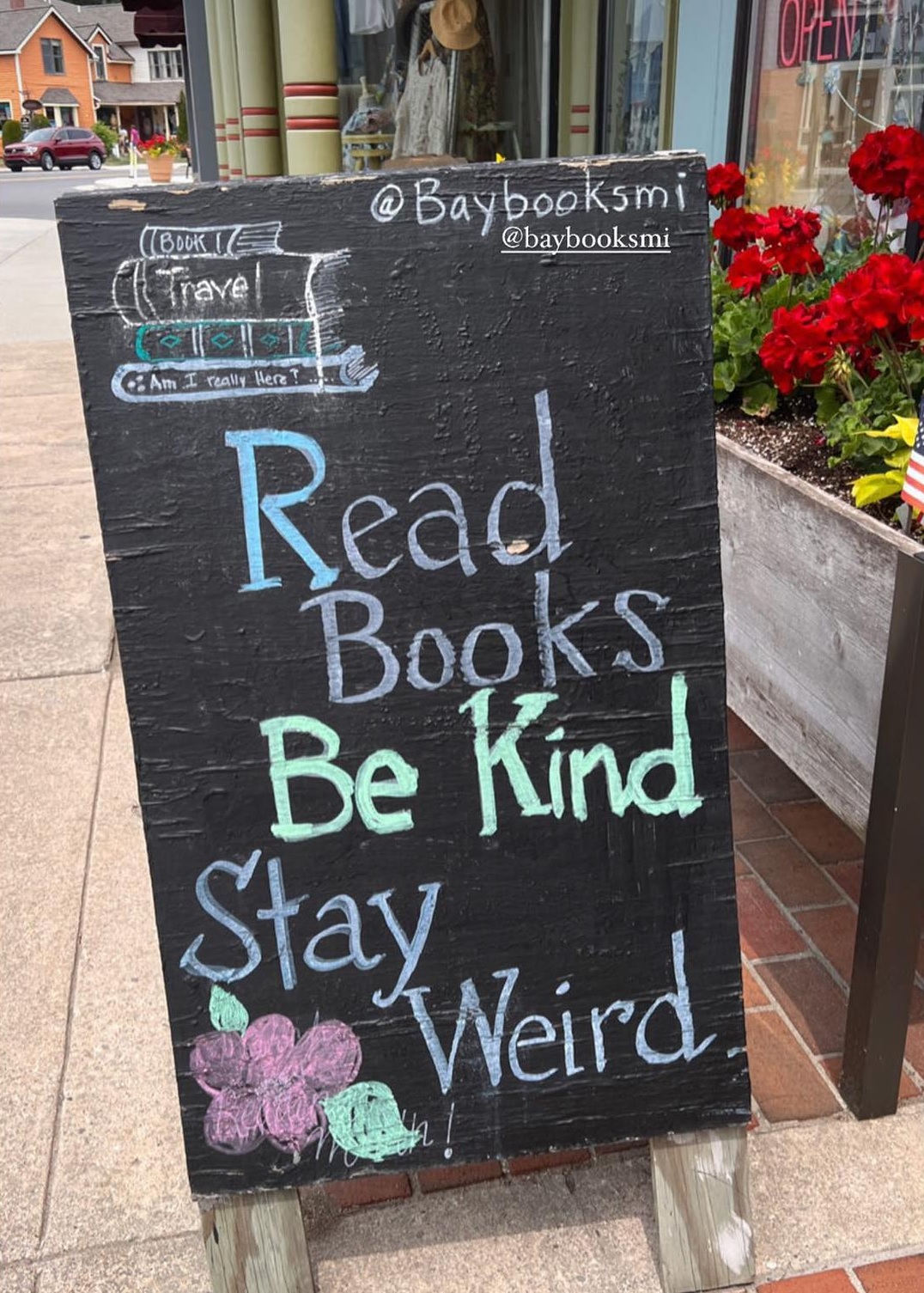
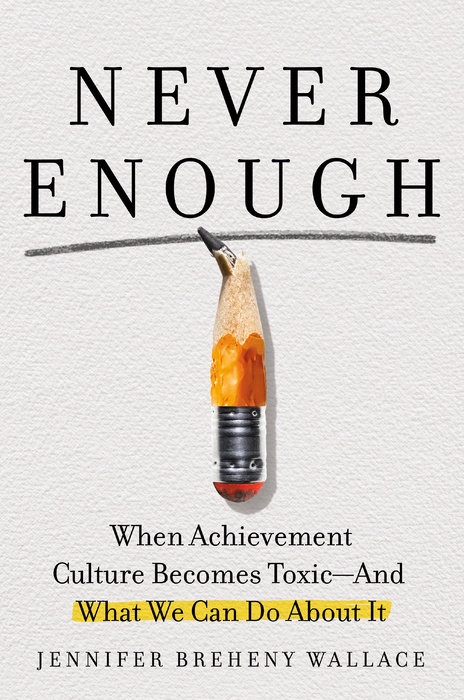 Even before the onset of the Covid-19 pandemic, it was clear American teenagers were facing a mental health crisis, one that manifested itself in alarming rises in the rates of depression, anxiety, and other psychological ailments. In Never Enough, Jennifer Breheny Wallace, a journalist and mother of three adolescent children, identifies the root cause in an "environment of unrelenting pressure" created by the single-minded pursuit of achievement and status. While sympathetically exploring the dimensions of the problem, she also offers some thoughtful approaches to parenting intended to create a more humane, and sane, culture for young people.
Even before the onset of the Covid-19 pandemic, it was clear American teenagers were facing a mental health crisis, one that manifested itself in alarming rises in the rates of depression, anxiety, and other psychological ailments. In Never Enough, Jennifer Breheny Wallace, a journalist and mother of three adolescent children, identifies the root cause in an "environment of unrelenting pressure" created by the single-minded pursuit of achievement and status. While sympathetically exploring the dimensions of the problem, she also offers some thoughtful approaches to parenting intended to create a more humane, and sane, culture for young people.